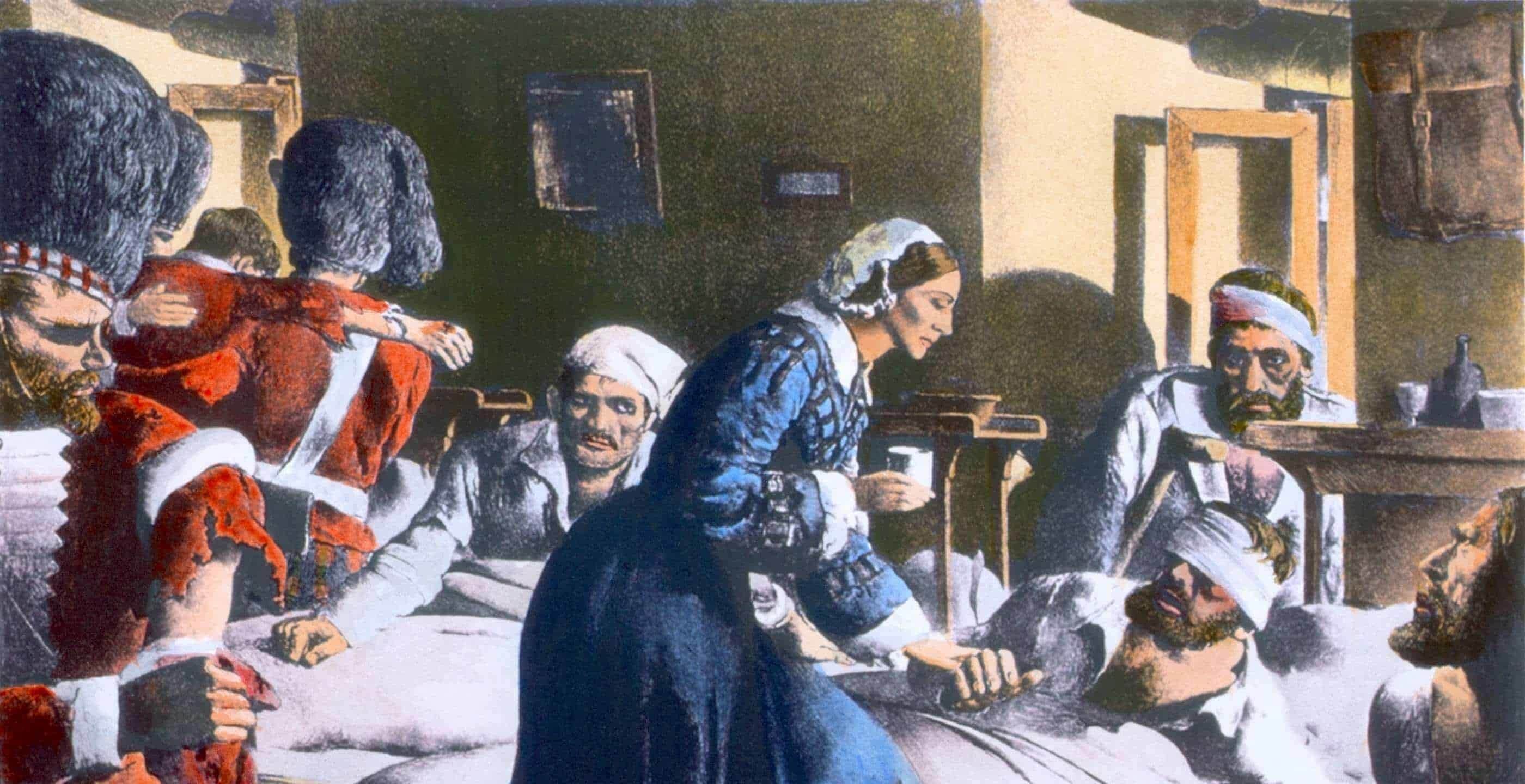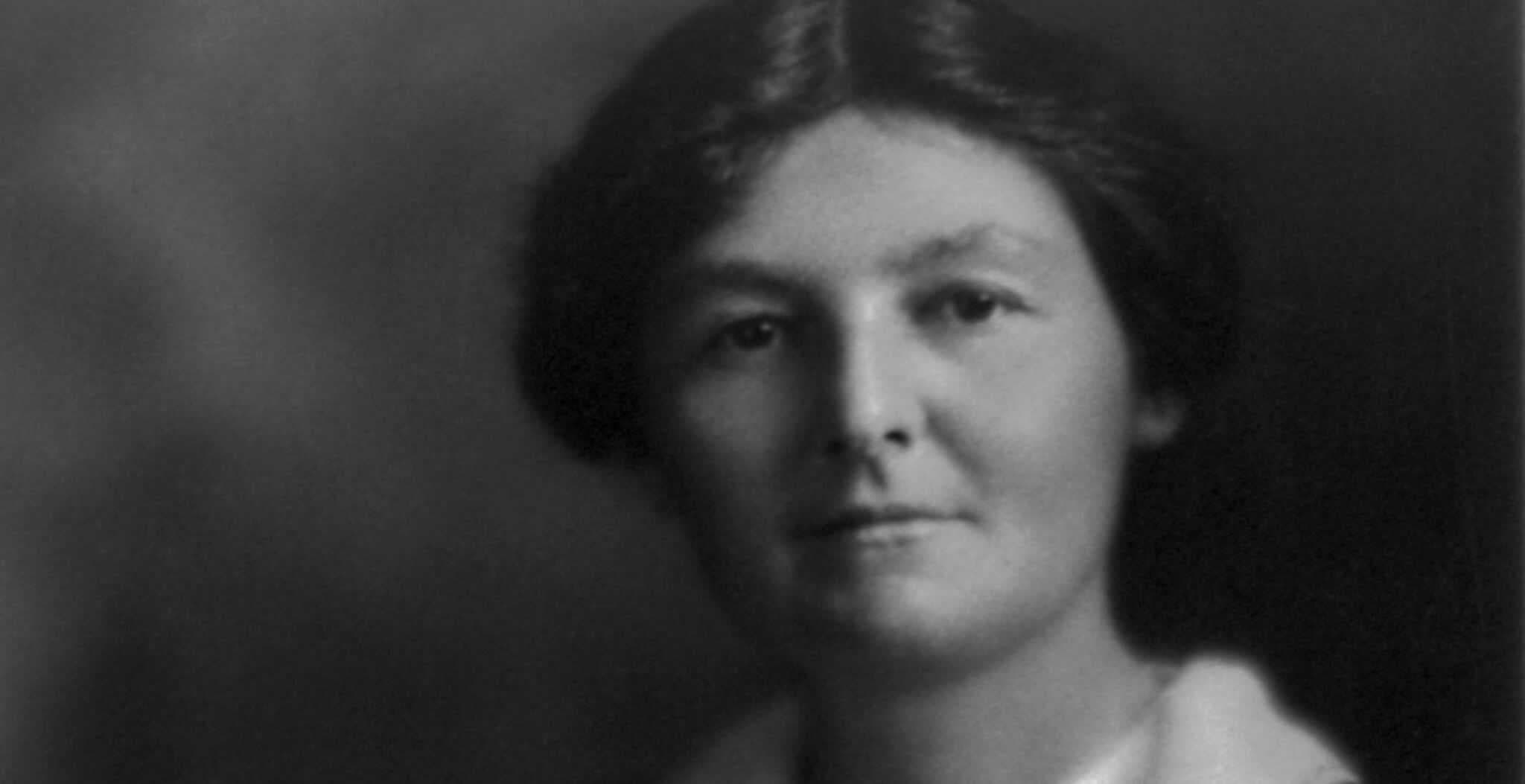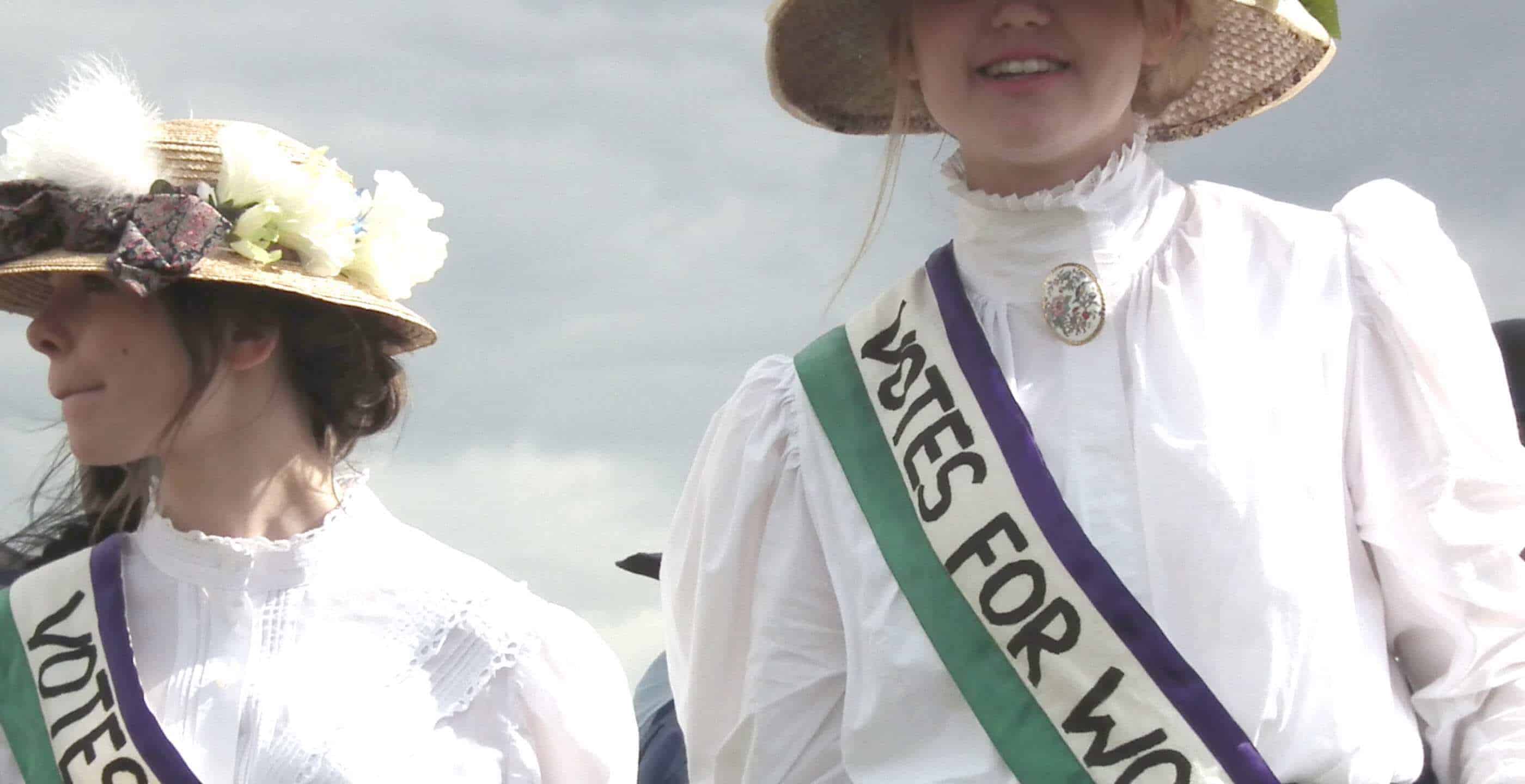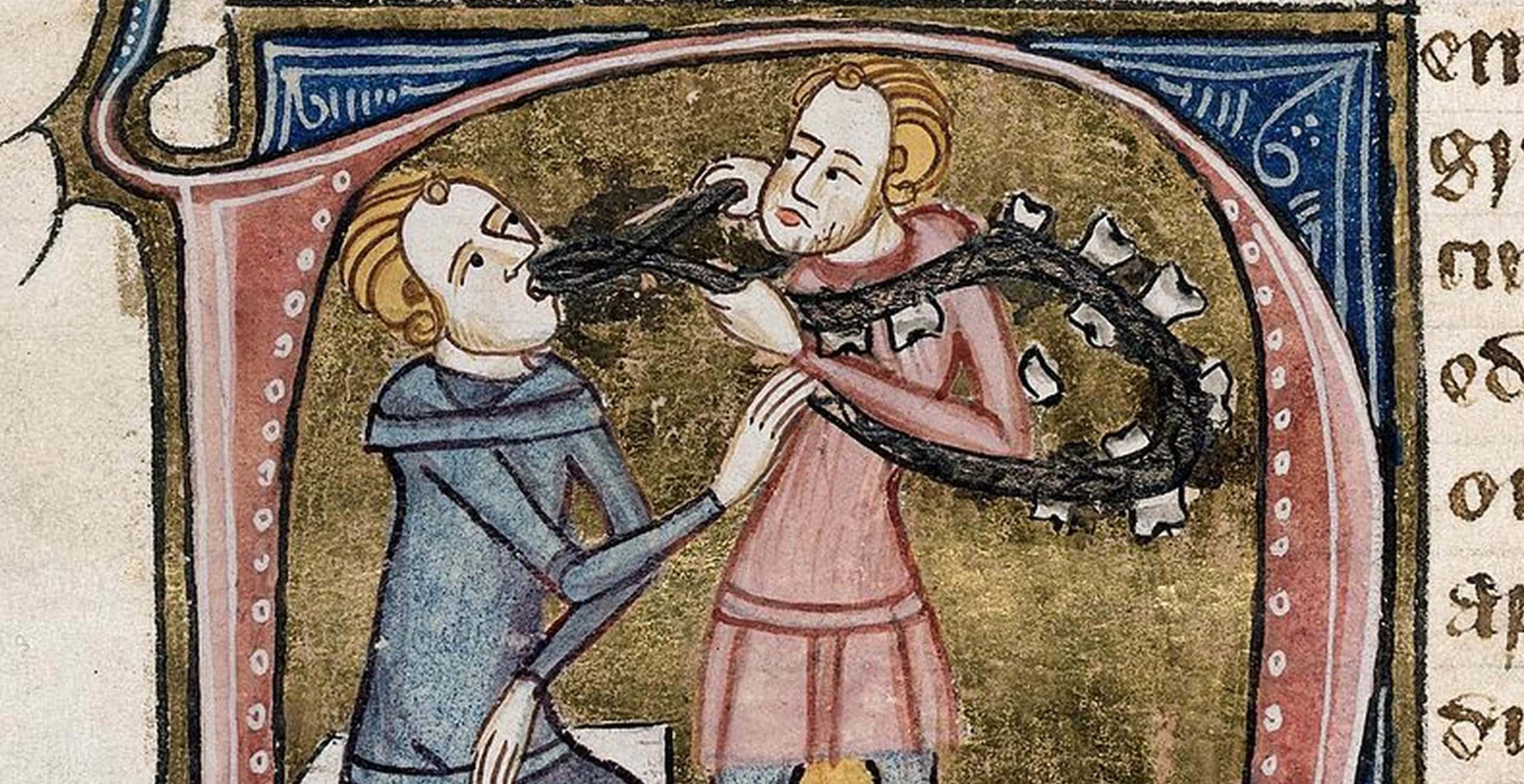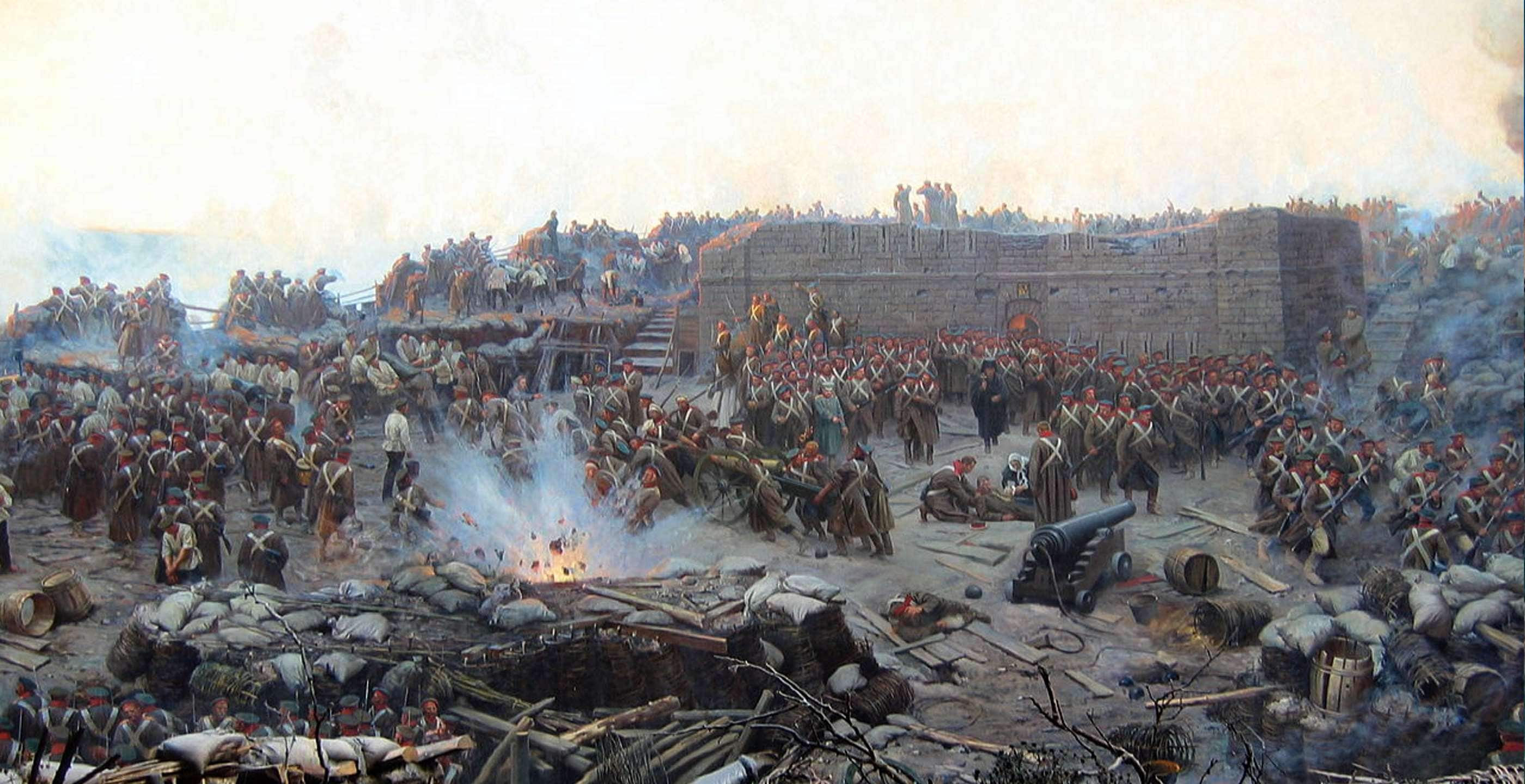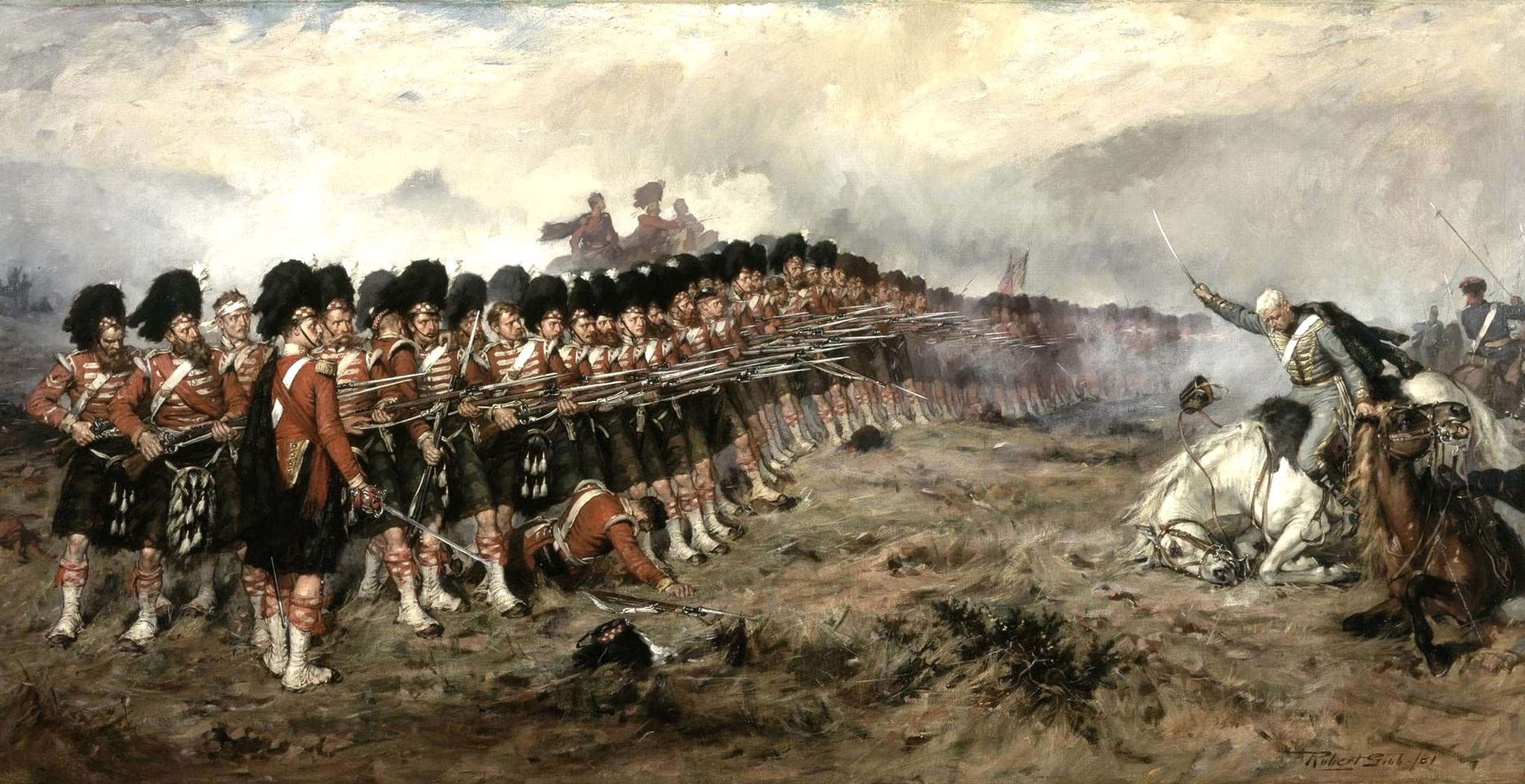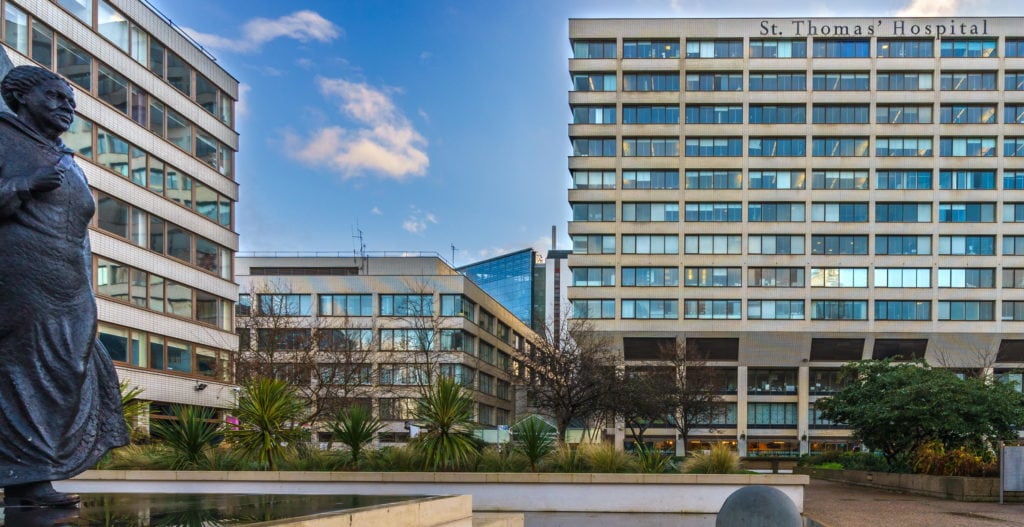On the 12th May 1820 Florence Nightingale was born. A young woman born into a rich family, Florence would go on to have an enormous impact as a nurse serving during the Crimean War. Famed as the “Lady with the Lamp”, Florence Nightingale was a reformer and social activist who devised and revolutionised nursing practices, a legacy which means she is still remembered today for her lifetime achievements.
Born in Florence, Italy, her parents decided to name her after the place of her birth, a tradition they had started with her older sister Frances Parthenope. When she was only one years old she and her family moved back to England where she spent her childhood in comfort and luxury at the family’s homes at Embley Park, Hampshire and Lea Hurst, Derbyshire.
At the age of eighteen a family tour of Europe proved to have a considerable impact on the young Florence. After meeting their Parisian hostess Mary Clarke, whom many described as eccentric and a person who shunned the ways of the British upper classes, Florence took an immediate shine to her no-nonsense approach to life, class and social structure. A friendship soon formed between the two women, one that would last for forty years despite the large age gap. Mary Clarke was a woman who instilled the idea that men and women were equal and should be treated as such, a concept not shared by Florence’s mother Frances.
As a young woman reaching maturity, Florence felt sure that she had a calling to serve other people and help society, knowing full well that her family would not be so supportive of her decision to enter the nursing profession. She eventually mustered up the courage to tell her family of her impending decision in 1844 which was met with an angry reception. In her attempt to follow what she felt to be a higher calling from God, Florence threw off the shackles of patriarchal society and invested in self-educating, particularly in science and the arts.
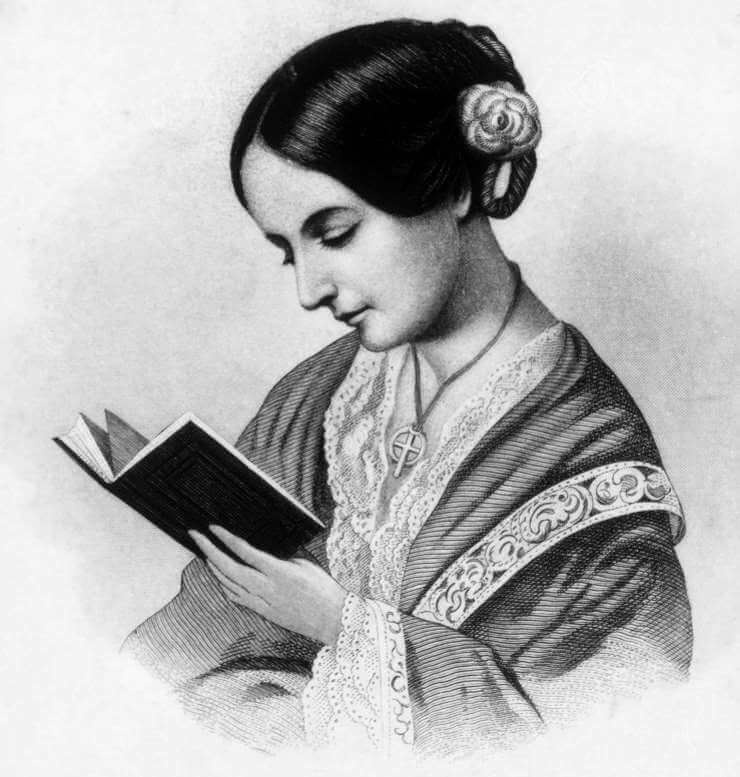
Inspired by her friendship with Mary Clarke and her strong desire to become a nurse, Florence went about flouting convention and devoting herself to her profession. One of her suitors, Richard Monckton Milnes, who was both a poet and politician, courted Florence for nine years but was finally met with rejection as she believed nursing had to take priority.
Whilst she continued to travel around Europe, in 1847 she met Sidney Herbert, the politician and former Secretary at War, in Rome. Another friendship was cemented which would see her play an instrumental role during the Crimean War and serve as an advisor to Herbert, discussing social reform, a subject she felt very strongly about.
Florence Nightingale is perhaps most famous for the work she carried out during the Crimean War which broke out in October 1853 and lasted until February 1856. The war was a military battle fought between the Russian Empire and an alliance comprising the Ottoman Empire, France, Britain and Sardinia. The result was absolute carnage with butchery and violence on an international scale; Florence Nightingale felt compelled to help.
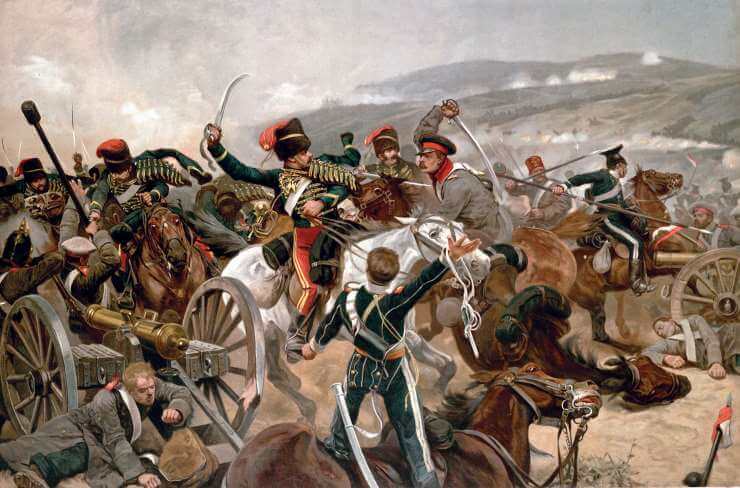
After hearing the British commentary on the ongoing events of the war, the horrific stories of the wounded stranded in poor and treacherous conditions, Florence and an accompaniment of thirty-eight other volunteer nurses, including her aunt and some fifteen Catholic nuns, made the journey to the Ottoman Empire in October 1854. This decision was authorised by her friend Sidney Herbert. The perilous expedition found them stationed at the Selimiye Barracks in modern-day Üsküdar in Istanbul.
On her arrival, Florence was greeted by a grim scene of despair, lack of funding, lack of help and overall bleakness. The staff that had already started working were tired, suffering from exhaustion and chronically overwhelmed by the number of patients. The medicine supply was low and poor hygiene was leading to further infections, diseases and risk of death. Florence reacted the only way she knew how: she sent an urgent plea to ‘The Times’ newspaper urging the government to help with creating a solution to the practical problems with the facilities, or lack thereof, in Crimea. The response came in the form of a commission to Isambard Kingdom Brunel who designed a hospital that could be prefabricated in England and then shipped to the Dardanelles. The outcome was successful; the Renkioi Hospital was a facility that operated with a low death rate and with all the facilities, hygiene and standards necessary.
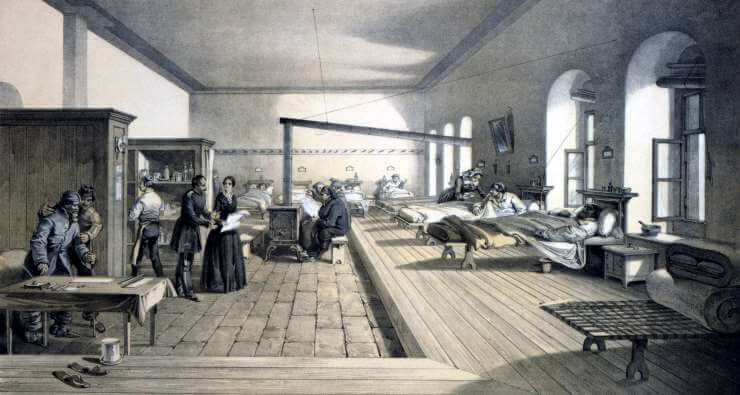
The impact Nightingale had was equally remarkable. The death rate was significantly reduced through rigorous hygiene precautions which became common practice in the hospital where she worked, helping to hinder the development of secondary infections. With the help of the Sanitary Commission, who helped to clean the sewage and ventilation systems, the alarmingly high death rates began to reduce and the nurses could carry on treating the wounded. Her work in Crimea earned her the nickname ‘The Lady with the Lamp’, a phrase coined in a report from ‘The Times’ newspaper commenting on her doing the rounds and caring for the soldiers as a ‘ministering angel’.
The poor and unsanitary conditions Florence witnessed and worked in had a lasting impact on her and subsequently, when she returned to Britain she began to collate evidence to put before the Royal Commission on the health of the Army, making the case that poor conditions through bad hygiene, insufficient nutrition and exhaustion contributed greatly to the health of the soldiers. Her unwavering focus served her during the rest of her career as she maintained the importance of high levels of sanitation in hospitals and sought to introduce the concept into working class homes in an effort to bring down the mortality rate and eradicate the diseases that were rife at the time.
In 1855 the Nightingale Fund was established to help with the training of future nurses using the methods and ideas Florence had pioneered. She was considered a founder of the idea of medical tourism and used her great research-gathering methods and mathematical skills to help collate information, data and facts to enhance nursing and social reform. Her literature became part of a curriculum for nursing schools and for the wider public in general, with her ‘Notes on Nursing’ becoming a mainstay of nursing education and wider medical reading.
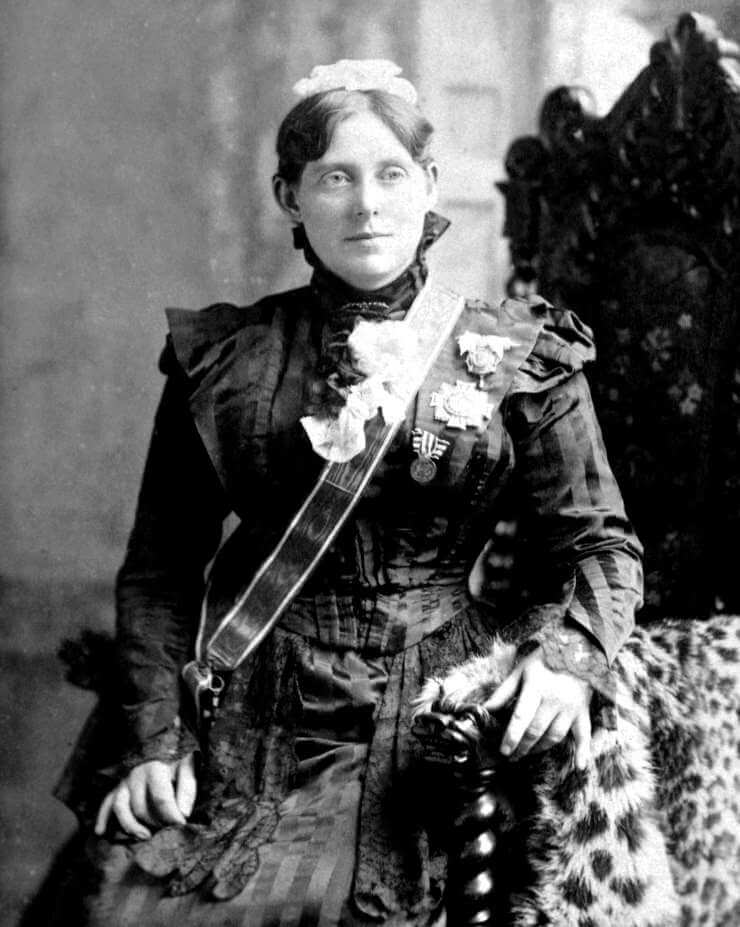
Her desire and drive for social and medical reform even helped influence the workhouse system prevalent at the time, providing trained professionals to help the paupers who had previously been cared for by their peers. Her work was not exclusive to British nursing practices, she also helped to train Linda Richards, ‘America’s first trained nurse’, and served as inspiration for many women who served bravely during the American Civil War.
On 13th August 1910, Florence Nightingale died, leaving behind a legacy of nursing practices which served to inspire modern-day standards and procedures across the globe. She was a pioneer of women’s rights, social welfare, medicine development and sanitation awareness. In recognition of her skills, she became the first woman to be awarded the Order of Merit. Her lifetime of work helped to save lives and revolutionise the way people viewed nursing and the wider world of medicine. A legacy worth celebrating.
Jessica Brain is a freelance writer specialising in history. Based in Kent and a lover of all things historical.
The much-loved childhood home of Florence Nightingale, Lea Hurst has been lovingly renovated and now offers luxurious B&B accommodation.
